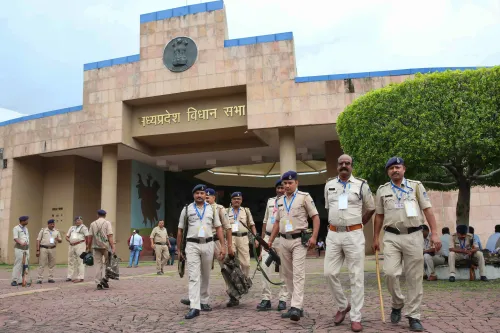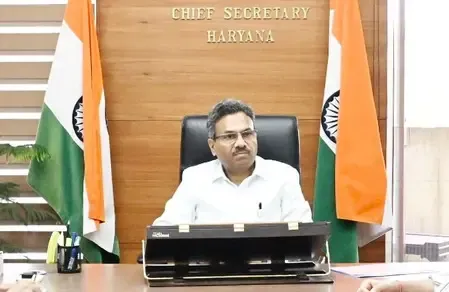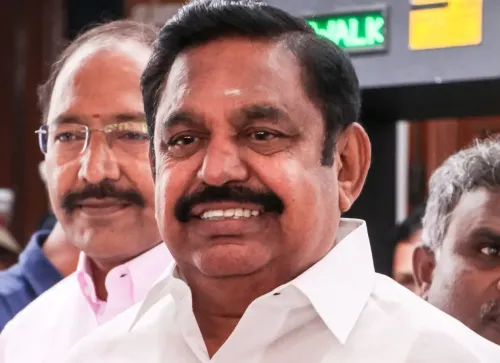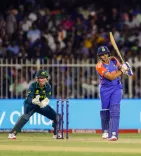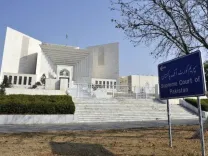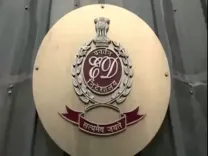Did a Mumbai Woman File a False Rape Case to Extort Rs 1 Crore from Her Ex-Lover?
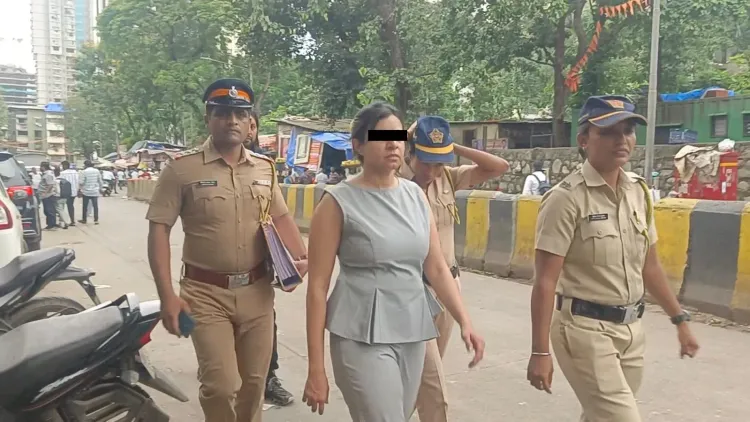
Synopsis
Key Takeaways
- Blackmail through false allegations can have serious legal consequences.
- Accessing personal data without consent is a criminal offense.
- Victims of blackmail should report to authorities immediately.
- The legal system must balance protecting victims and preventing misuse.
- Awareness about personal security and privacy is essential.
Mumbai, Aug 7 (NationPress) A woman employed at a private banking institution in Mumbai has found herself in police custody for allegedly blackmailing her former partner, an IT professional, in an attempt to extort Rs 1 crore by filing a fabricated rape accusation following their breakup, according to a police official on Thursday.
The Charkop Police in Mumbai apprehended Dolly Kotak, who, along with her brother and four accomplices, illegally accessed the IT professional's sensitive data at the bank, leading to his arrest and subsequent job loss.
Kotak and her five collaborators, including a close friend, have been charged following the instructions of a Mumbai Magistrate, who was persuaded by the victim about the alleged blackmail scheme and Kotak's malicious intent.
The magistrate has ordered police to investigate this cognizable offense under Section 175(3) of the Bharatiya Nagarik Suraksha Sanhita (BNSS) and the Information Technology Act, among other legal provisions.
The plan for extortion became evident when Kotak contacted the victim's sister, demanding Rs 1 crore in return for retracting her false allegations and providing a 'No Objection' statement, as reported by law enforcement.
Kotak's brother, Sagar, who is on bail in a previous POCSO case, collaborated with three bank employees to gather the victim's spending habits, photographs, and personal details for the purpose of blackmail, police disclosed.
The victim's nightmare began in May 2024 when Kotak inundated him with threatening messages aimed at coercing him into paying. One message warned: "You will never win and die in pain. Give money or die in jail," according to police reports.
Initially, the victim endured the blackmail threats but ultimately lost his job when the 'objectionable' images and details, stolen from his devices and social media, were shared with his employer, law enforcement revealed.
Police noted that for nearly a year, Kotak had linked her mobile number to the victim's email account, tracked his movements, and accessed his financial information as part of her extortion scheme.


